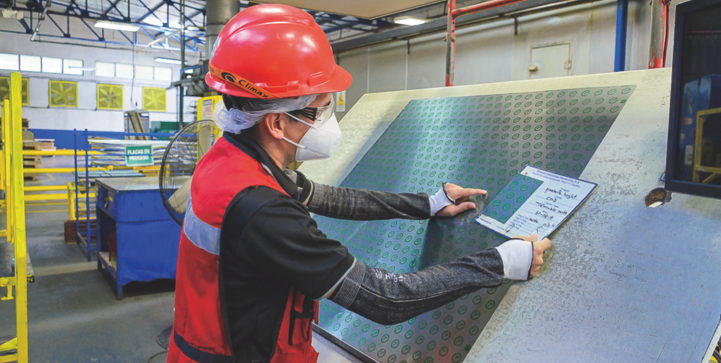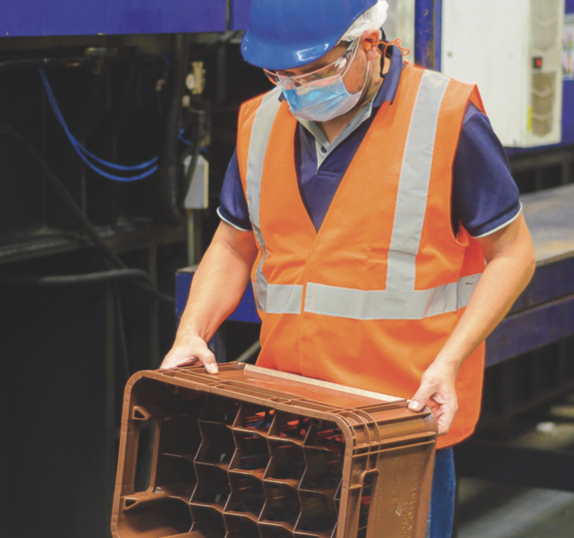However, studies reveal how quality certifications can improve a company's products and services by up to 66%, in addition to having a positive impact on the image and valuation of companies.
As a promoter of these standards, the Honduran plastics firm, Plásticos Industriales Hondureños, S.A (PLIHSA), has quality and food safety certifications such as ISO 9001:2015 and FSSC 22.000 V5, which serve as requirements for Coca-Cola and Pepsi, among other clients, Grupo Milenio's firm.

PLIHSA's expert shares 3 benefits of promoting quality certifications for companies at a regional level:
- Access to new customers and markets:
According to the International Organization for Standardization (ISO), research from different certification entities throughout the world, show that 65% of firms that implement certifications, improve market confidence, 57% of them gain share in their sector, while 57% raise their competitive advantage. This translates into access to new international clients, who often require ISO certifications as a requirement to become a supplier.
An example of this is PLIHSA, since the company has ISO 9001:2015 and FSSC 22,000 V5 food quality and safety certifications, which are required by important clients such as Coca-Cola and Pepsi.

- Better products and services:
A certification focused on the quality of products and services is an excellent letter of introduction, as it demonstrates that the company has implemented a management system to ensure that the best quality practices are applied in the various sectors in which it specializes. The choice of consumer or customer may make about a brand or supplier depends to a large extent on this.
In the case of Plásticos Industriales Hondureños, S.A. (PLIHSA), as one of the leaders in the production of crown caps and plastic boxes, the company carries out strict tests for compliance with fluidity index, humidity, pellet size, monitoring of dimensions, weights and compliance with operating parameters; it also performs destructive tests of free fall, impact, stress and extreme temperatures to simulate their effectiveness and durability over time.
- They increase export potential:
According to the analysis "Why companies adopt quality certifications", prepared by Inter-American Investment Corporation, although certifications represent a greater challenge for developing countries, they improve the export potential of companies and the country where they operate, as their quality is related to the per capita income level of each place. Likewise, certifications also stimulate other companies that do not do, so to start exporting, which has a positive impact on a nation's economy.
Proof of this is that due to its capacity, technological development and the quality of its products, PLIHSA has been recognized twice with the Presidential Exporter Award in the medium-sized company category, for its contribution to the development of Central American trade, while its plant has been recognized by AB InBev as one of the most efficient in the world.

"Quality certifications have evolved from being a competitive advantage to becoming a necessity that brings key benefits, such as greater efficiency in productivity, energy use, environmental footprint, safety and risk reduction, as well as access to new markets with customers and export options", explained, Aldo Micheletti, CEO of Plásticos Industriales Hondureños, S.A. (PLIHSA), a company of Grupo Milenio, the solid business conglomerate with more than 34 years of experience in Central America and the Caribbean.
 English
English  Español
Español 

